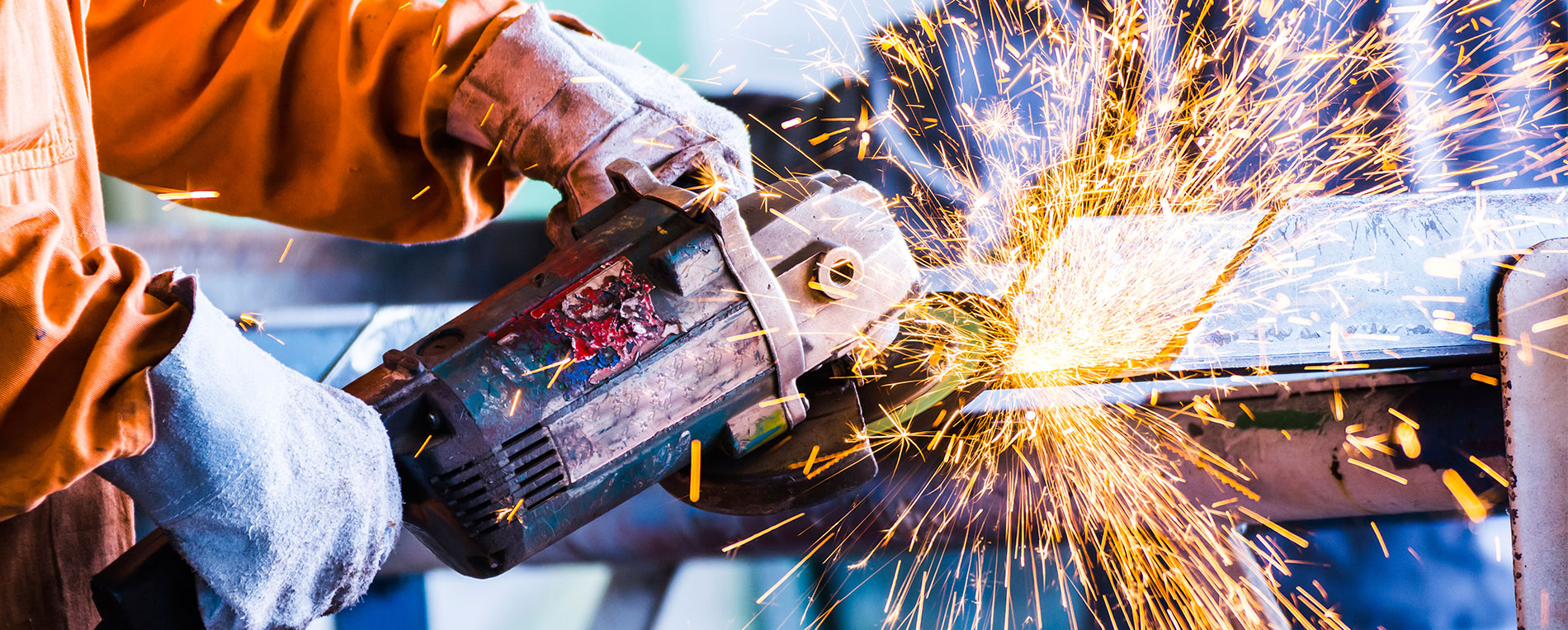This FAQ page contains lots of useful information. To learn more about electric gate systems, scroll down and take a look at the answers to some previous customers’ questions.
What should I do with wobbly swing gate posts?
If your posts are wobbly yet still solid you can easily solve your problem by packing crushed stones around the base of the posts with a sledgehammer. If, however, the posts are starting to rot or have completely rotten, our experts recommend that you have them replaced. You don't want them breaking suddenly and your gate getting stuck or collapsing as a result.
Why is my electric gate not closing and opening properly?
If an electric gate fails to open and close the way it's supposed to, the problem could be several different things. The transmitter may not send a radio signal properly, or the problem could be with the electrical wiring or some of the hardware components. Of course, this could also be simply the result of dead remote control batteries, so be sure to first check for that. If you can't figure out what's wrong, or if the problem is something that requires complex repairs, give our experts a call.
Swinging or sliding gate - which is better?
It all depends on the space available, the terrain, and your personal preference. Each system has different space requirements, not only in terms of quantity but also in terms of where the free space is (in front of the driveway or beside it, for example). A swing gate can have a harder time on a slope, so a sliding gate may be preferable for that type of terrain. Then there's the matter of personal taste. Some people prefer the look of wrought iron swing gates for residential homes, while sliding ones, often made of steel, are usually reserved for commercial properties. Make sure the first two requirements are met before you start contemplating the third one.
How do I keep my gate from rusting?
Aside from applying antirust on the gate, it also helps to keep its paint job intact by applying a protective layer over the paint every year. If the paintwork chips, the metal underneath will be exposed to moisture and rust can begin to develop on that area. Naturally, this is more relevant for wrought iron and steel bars and panels. Although wood doesn't rust, it can rot or warp, so this material also needs regular repainting to stay in good shape.
My motor makes a humming sound and the gate won't move. Why is that?
Our experts recommend checking the gate opener’s motor for overheating. If that is the issue, it can cause a lot of damage to the internal components so don't try to keep operating it. A humming noise and no gate motion is usually an indication that something's wrong with the motor, but it's important (and safer) to have a professional take a look to ensure that really is the case.
How often should gate hinges be lubricated?
Based on the experience of our experts, regular lubrication is not only advised, it's imperative. Do this at least twice a year or when it becomes necessary, like when the driveway gate hinges start making excessive noise. Lubrication can reduce their wear and tear and make them last longer, which means it can save you money, time, and effort. Remember, though, that this isn't an anti-rust substance, as it serves an entirely different purpose (although some products may have active agents that help with both lubrication and rust prevention).
How do I decide if a defective gate part needs repair or a replacement?
A gate is made of multiple, moving mechanical parts. Therefore, it is natural that wear and tear will occur as time goes by. So, the best and easiest way to decide whether a faulty part should be repaired or replaced is to determine the severity of the problem. Consider this: when was it last replaced? Have a lot of years passed? These are the questions that you need to answer to reach a conclusion. However, there are many other factors such as the cause of the defect, and the complexity of repairs versus the simplicity of replacement. Be sure to consult with an expert to avoid causing more serious problems later on.

